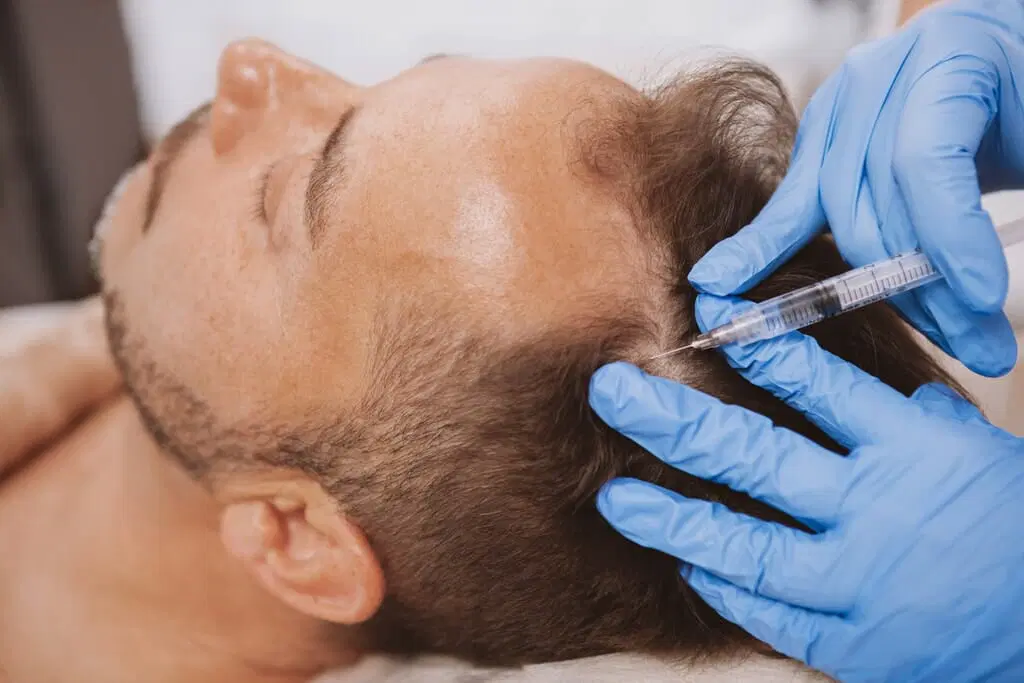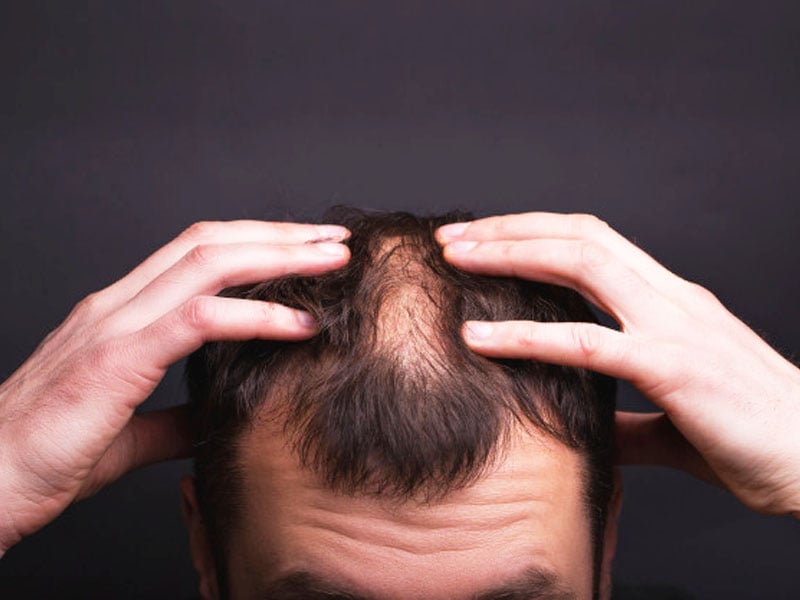Hypotrichosis: causes and treatment
Hypotrichosis is a rare disease that causes among those who suffer from it a lack of hair; not only on head, but also on eyelashes, eyebrows, or other parts of the body. It is a rare pathology, which unfortunately has not been sufficiently investigated and that may cause psychological damage to patients.
One of the solutions that people with hypotrichosis have is to get hair implants: a type of surgery that we offer in our clinic at an unbeatable cost, taking into account the quality of our treatments. However, we want to delve into what are the causes of this disease, why it causes hair fall out, how it is diagnosed, and what are its possible treatments.
What is hypotrichosis?
For a hypotrichosis definition, we can say that it is a rare disease that causes a lack or total absence of hair in areas of the body where it usually grows, such as scalp, eyebrows, eyelashes, armpits, beard, genitals, etc. Sometimes, when it is present from the moment of birth, it’s called congenital hypotrichosis.
It is a pathology that affects both men and women equally. Normally, hair in those areas affected appears short, dry and with low density; it may also appear brittle or frizzy, or even discoloured. Congenital hypotrichosis in humans makes hair loss become evident from birth; however, on other occasions hair seems normal after birth, but after a short time the disease shows its first symptoms.
In these cases, hair quickly becomes thick and rough from early childhood, without other symptoms on skin, nails or teeth. Hair loss is progressive, with a loss of density that can manifest itself in late childhood or around puberty.
In what concerns to scalp hair fall, symptoms are similar to those of pattern baldness. This hair shedding advances until causing a total loss of body hair, although in some patients a thin layer of hair may remain.
Hypotrichosis vs alopecia: what are the differences?
Although – as we have seen before – hypotrichosis can present some symptoms similar to those of inherited baldness – that is, pattern baldness: the main cause of hair loss – in the case of hypotrichosis the disease does not cause hair loss only on the head, but throughout the body, triggering a total or almost total disappearance of body hair.
Although due to its condition as a rare disease, not enough cases have been documented to establish an exact pattern, normally in those individuals affected by hypotrichosis hair has completely disappeared from the head when they are 25 years old; eyebrow hypotrichosis or eyelash hypotrichosis will cause a complete hair loss in these areas even earlier.
In order to diagnose this pathology, it is necessary to carry out a clinical and electron microscope analysis of the follicles to seek for certain patterns in hair morphology, as well as a genetic analysis to detect possible mutations. In this way, hypotrichosis can be differentiated from other hair diseases such as ectodermal dysplasias, congenital atrichia, alopecia areata, pattern baldness, etc.
Although diagnosis before birth is technically possible, since this is not a serious or fatal disease, in practice prenatal diagnosis is very rare and limited only to certain cases.
What causes hypotrichosis?
Hypotrichosis is a genetic disease caused by mutations in certain genes of our DNA, being transmissible from parents to children with a 50% probability if one of the parents is affected, since it is a dominant gene mutation.
Actually, there is not just one type of hypotrichosis, but there are dozens and dozens of different types diagnosed; however, the study of these cases is very complicated due to the scarce knowledge that still exists on this disease, whose diagnosis is not always easy and whose causes are not yet clear.
A step forward in the understanding of this ailment occurred in 2018, when researchers and geneticists at the University of Bonn (Germany) discovered a new gene whose mutation triggers hypotrichosis. The study was published in the American Journal of Human Genetics, and although it does not yet establish why hair loss occurs in hypotrichosis, it is an important step to properly diagnose this disease.
Is there a treatment for this illness?
Unfortunately, given the small number of cases diagnosed in the world and its genetic nature, at the moment there is no hypotrichosis treatment available. More research is needed to find the exact causes of the disease and a proper treatment for non-congenital or congenital hypotrichosis.
Although it is not a serious pathology and it does not affect the life expectancy of patients, their personal life or self-esteem can be affected due to the total loss of hair on their bodies.
In some cases, a possible solution to hair loss caused by hypotrichosis may be, once the patient has been evaluated by an expert, to carry out a hair transplant: but it should always be performed by an experienced medical team and after assessing grafts viability. Clinicana is the best hair transplant clinic in Turkey, and we are experts in all hair treatments. Request your free consultation, and ask us for a free, no obligation estimate.

Hair loss is a progressive condition that affects not only your appearance but also your psychological well-being. For decades, patients felt their only choices were invasive surgery or ineffective topical creams. However, the field of regenerative medicine has evolved rapidly, offering powerful biological solutions that harness the body’s own ability to heal. If you are […]

How many hairs are on a human head? You’ve probably asked while brushing out clumps or noticing thinning spots. Beyond curiosity about how many hair follicles are on a human head, the real concern is hair loss—and whether it’s normal or problematic. When you’re googling hair transplant costs, the focus shifts: you’re no longer counting what remains, but measuring […]

Using biotin for hair has been a popular remedy for many years, celebrated for its powerful benefits. Commonly found in cosmetic treatments, it is often used to address issues like dermatitis, brittle nails, and weak hair. But what does biotin actually do for your hair? Does it truly prevent shedding? And most importantly, is it an effective solution for […]







